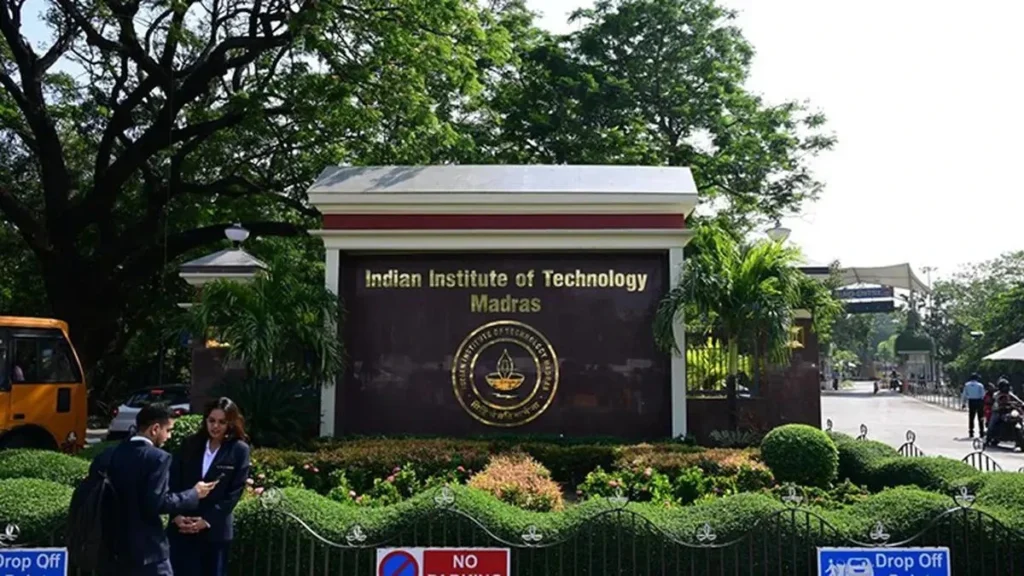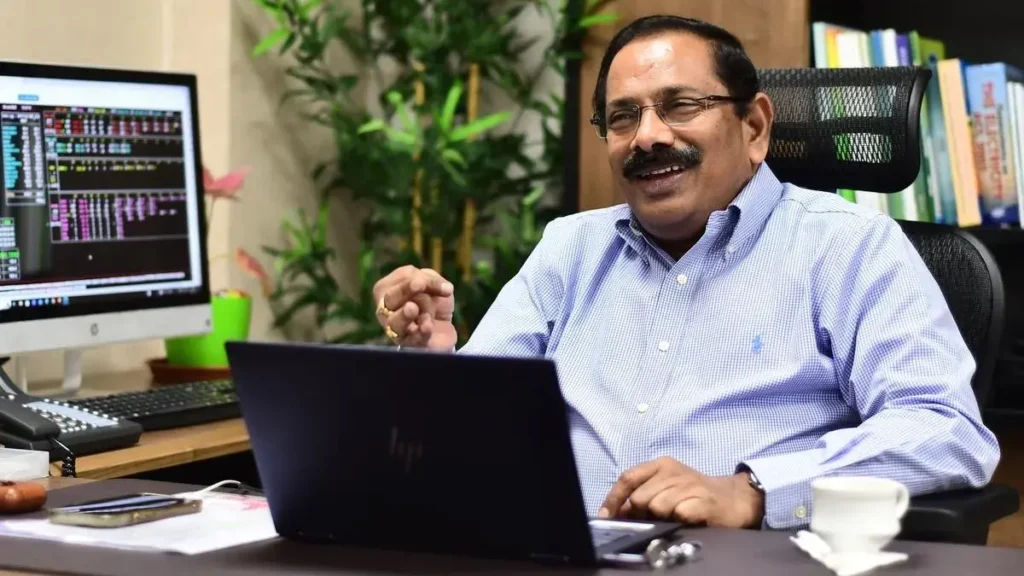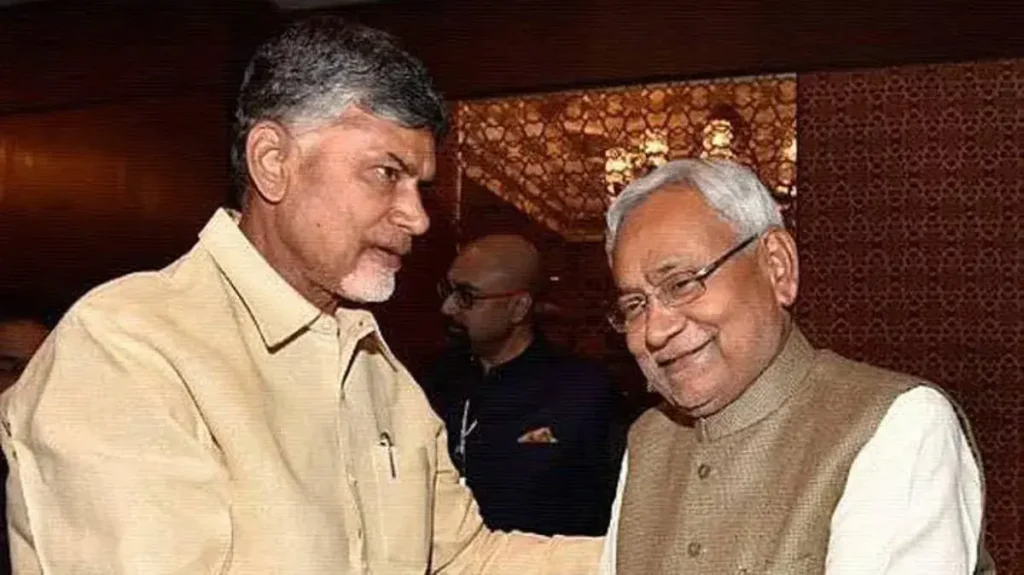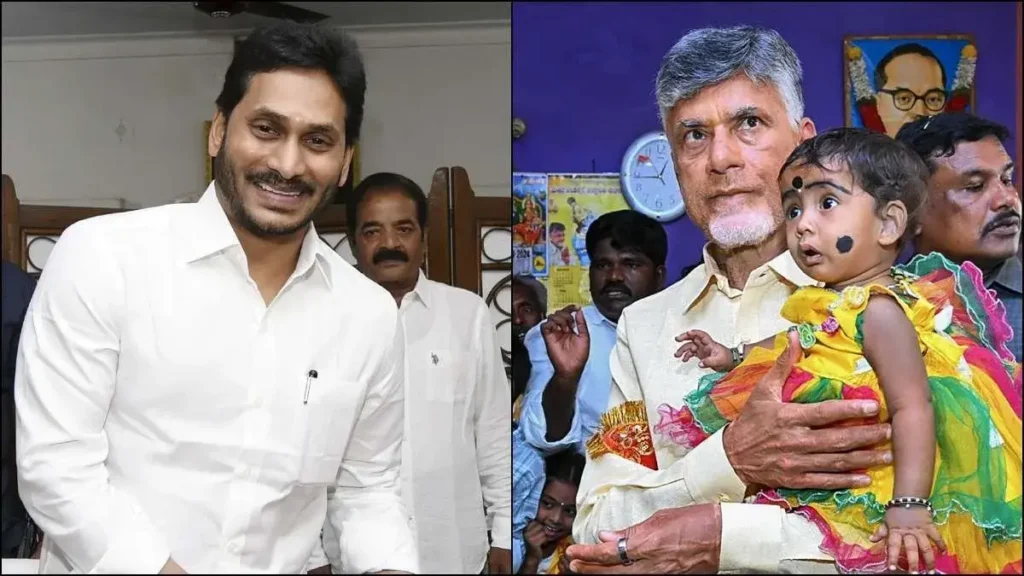Andhra Pradesh Govt Approves 10-Hour Workday Amid Widespread Protests
In a controversial move, the Andhra Pradesh government, led by the Telugu Desam Party (TDP), has given the green light to increase the standard workday from nine to ten hours across all private industries and factories. The decision, part of the state’s broader strategy to boost industrial growth and improve its Ease of Doing Business (EoDB) credentials, has sparked strong opposition from workers’ unions and political critics. Previously, the legal daily work limit in the state stood at eight hours before being increased to nine nearly a decade ago. The new amendment, which has been cleared by Chief Minister N. Chandrababu Naidu’s cabinet, now pushes that limit further, raising concerns about worker exploitation and fatigue. Information and Public Relations Minister K. Pardhasaradhi defended the move, stating that easing labour regulations would make Andhra Pradesh more attractive to investors and manufacturers. However, unions and opposition leaders have condemned the changes. V. Srinivasa Rao, State Secretary of the Communist Party of India (Marxist), criticized the decision, alleging that it was made under pressure from the central government to cater to corporate interests. “These amendments strip workers of their rights and reduce them to the status of modern-day slaves,” he said. Rao also highlighted the unfortunate timing of the decision, coming just weeks ahead of a nationwide labour strike on July 9 protesting such reforms. The Andhra Pradesh Factories Act previously restricted adult workers to a nine-hour day, with a mandatory 30-minute break after five hours of continuous work. Unions fear the new policy may allow factory management to unofficially stretch shifts beyond ten hours, possibly to 12 or more, under the guise of extended scheduling. Additional amendments include major changes to overtime and night shift regulations. Overtime eligibility has now been revised upward, from 75 to 144 hours, meaning workers will receive extra pay only after crossing this higher threshold. The government has also lifted restrictions on night shifts for women, with the provision of an extra paid holiday now left to the employer’s discretion rather than being a guaranteed benefit. Critics argue that these changes not only reduce worker protections but also jeopardize their health and wellbeing. “Pushing people to work beyond eight hours a day can have serious consequences on physical and mental health,” warned Dr. T. Seva Kumar, a general physician. As public backlash intensifies, the government’s attempt to court industrial investment is being met with growing resistance from labour organizations and civil society, who see the move as a step backward for workers’ rights. Source: Economic Times Photo Credit: HT
Andhra Pradesh Govt Approves 10-Hour Workday Amid Widespread Protests Read More »





